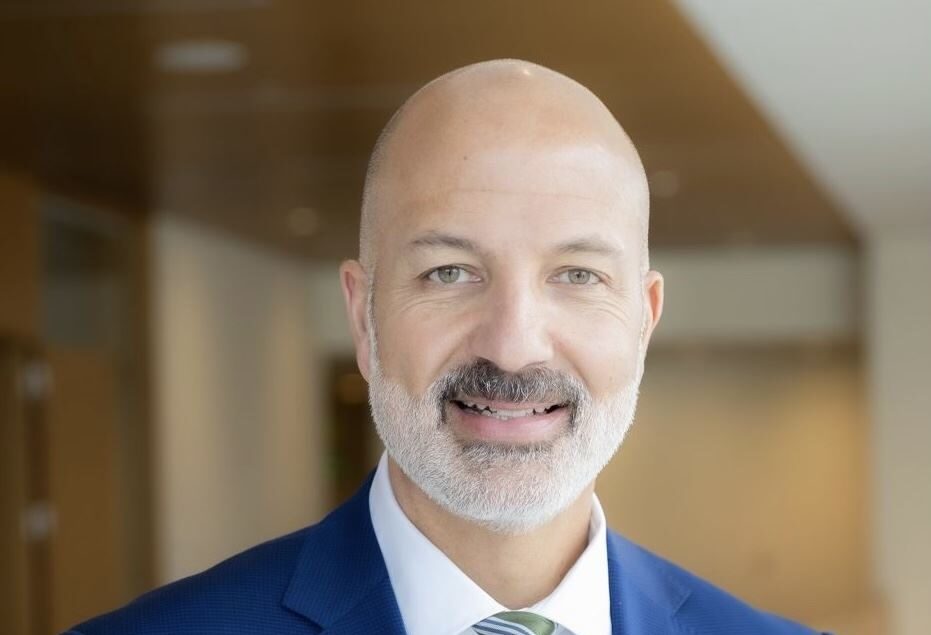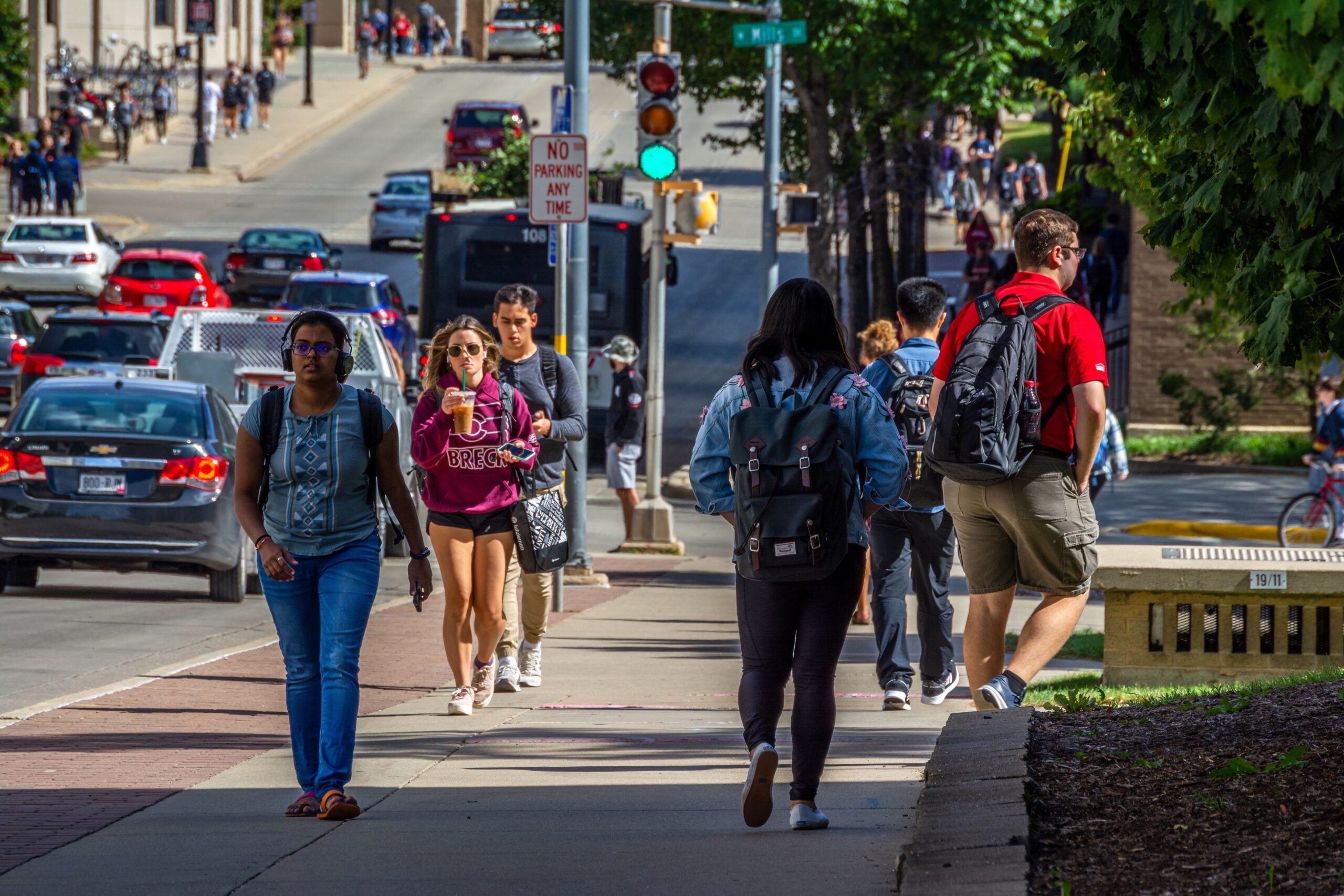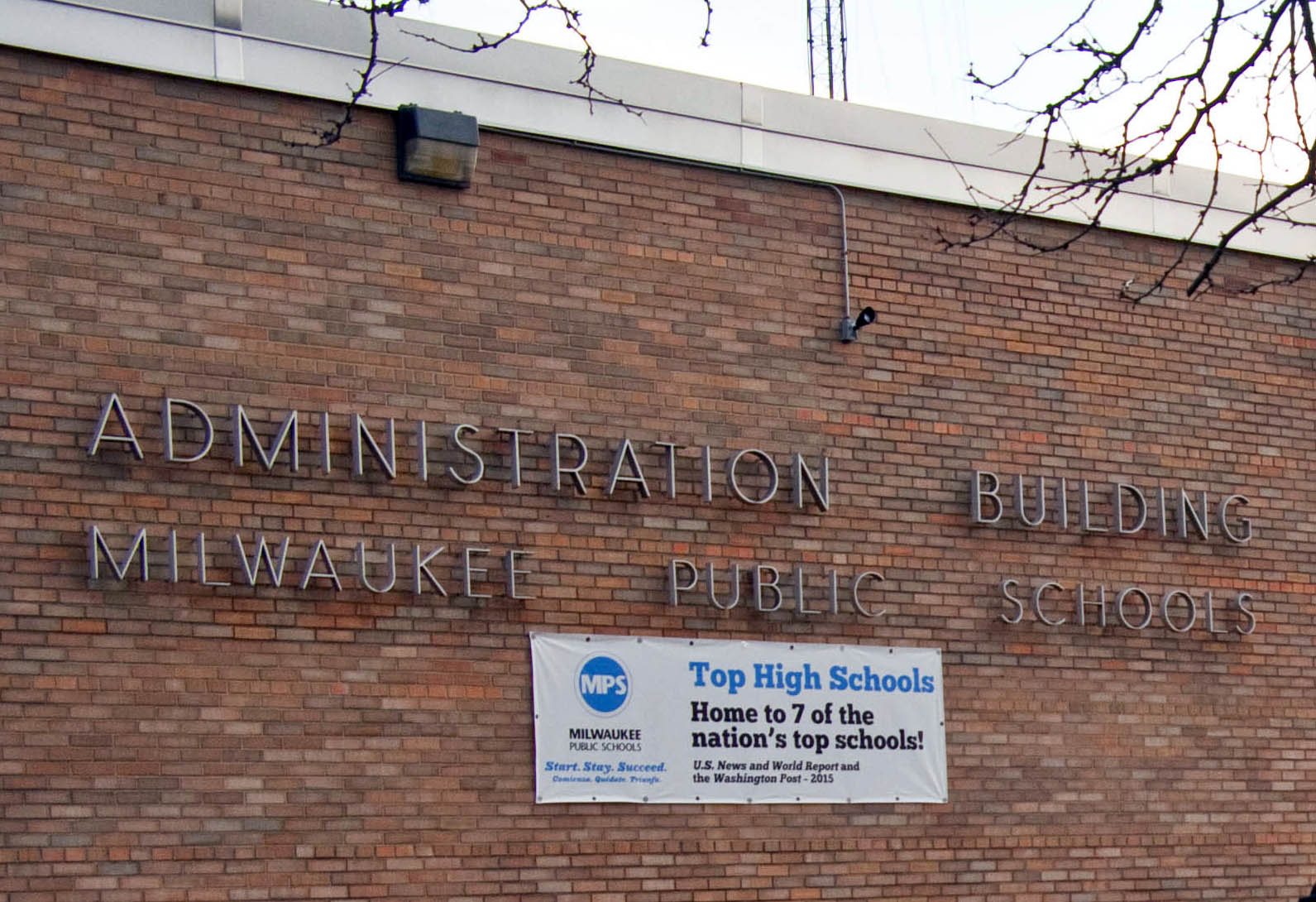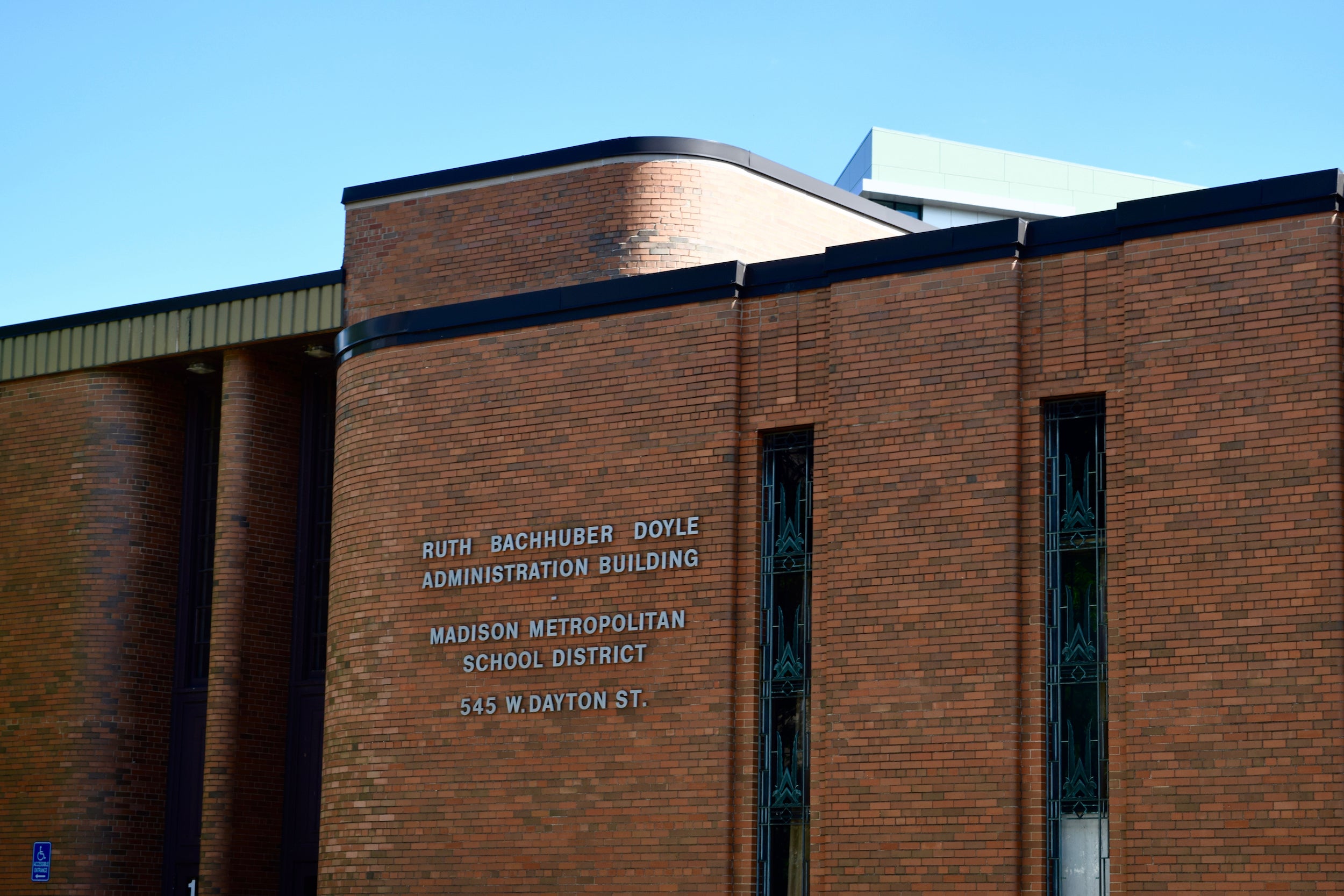The Madison Metropolitan School District’s new budget proposal is an “unapologetic equity agenda,” according to the district superintendent, and is aligned with the district’s strategic framework and “aimed at dismantling policies, structures and routines” that harm all students — especially black students and youth of color.
Superintendent Jennifer Cheatham‘s budget message emphasized the district’s commitment to Black Excellence, a philosophy and framework adopted last year, as well as to the “explicit goal” of insuring that African-American youth excel in school.
Madison’s public schools have a persistent achievement gap between black and white students. A string of racist incidents took place over the past school year that prompted questions and community concern.
Stay informed on the latest news
Sign up for WPR’s email newsletter.
For many months, youth activists with Freedom Inc., a community advocacy group, have spoken at school board meetings, protesting district policies and calling on officials to invest in youth of color.
About 18 percent of students enrolled in MMSD are black or African-American, and 42 percent are white. In addition, 22 percent are Hispanic, 9 percent are Asian, 9 percent are multi-racial and less than 0.5 percent are American Indian or Pacific Islander, according to the proposal.
The district plans to achieve its “ambitious goals” — which also include insuring students graduate prepared for “college, career and community” and that “children, staff and families thrive” in the district — through so-called equity projects that “empower school communities,” “invest in people” and “streamline priorities,” Cheatham said in her message.
The proposal asks for $250,000 for a new Community Service Fund, which the Black Excellence Community Coalition, comprised of district parents, will use to invest in extant community programs which support black youth academically and social-emotionally.
“We, in fact, think that academic success is hard to find if students aren’t finding spaces to develop their identities in healthy ways,” Cheatham said.
The coalition has met three times, starting in February, and is developing recommendations which it will submit to the board in June.
Cheatham said the district also intends to expand post-secondary education access to students, particularly students of color, through increasing its early college STEM academy and expanding access to advanced learning.
In addition, the school board will later discuss adding another full-time position in the district’s Family, Youth and Community Engagemennt Department to help oversee the implementation of these programs and fortify its commitment to Black Excellence.
The budget also seeks to support special education programs. The proposal asks to allocate $121,000 to support a program that expedites the licensing process for those with provisional licenses in special education. The requested funds would provide partial tuition support for up to 15 participants for 2019-21. Ten are already part of that cohort and are supported by an outside grant.
About 15 percent of the district’s students received special education in the 2018-19 academic year. The number has hovered around 14 and 15 percent since the 2009-10 year, according to the budget proposal.
Elsewhere, the budget proposal takes on mental health. An estimated 1 in 5 MMSD students have mental health concerns, according to the document. It outlines a number of mental health initiatives, including adding four community clinicians who would work in the schools part-time and boosting a school-based group intervention for young students who have experienced trauma.
“We’re pretty proud of what’s in there,” Cheatham said.
The proposed budget is slightly less than last year. The school board will debate the proposal over two months, and it will adopt the preliminary budget at the regular meeting June 24.
Wisconsin Public Radio, © Copyright 2024, Board of Regents of the University of Wisconsin System and Wisconsin Educational Communications Board.







